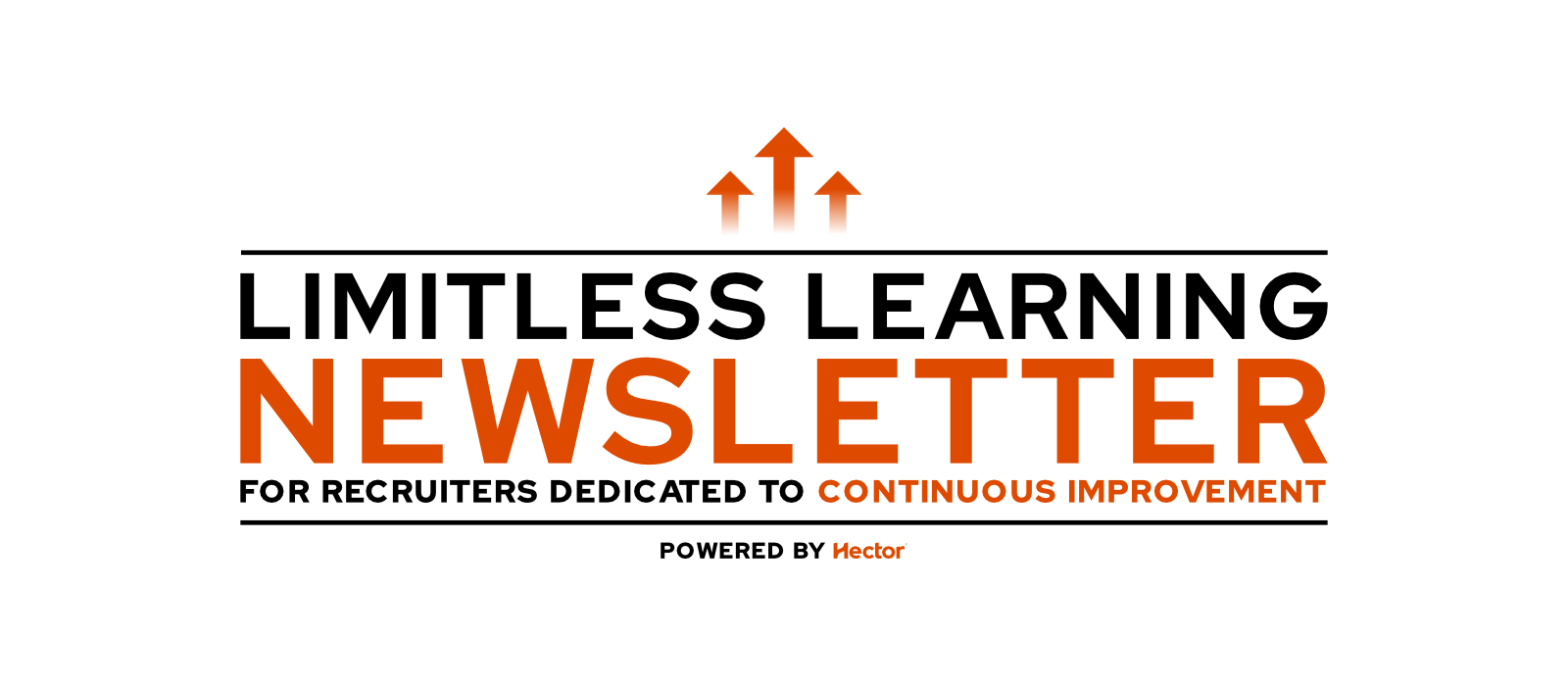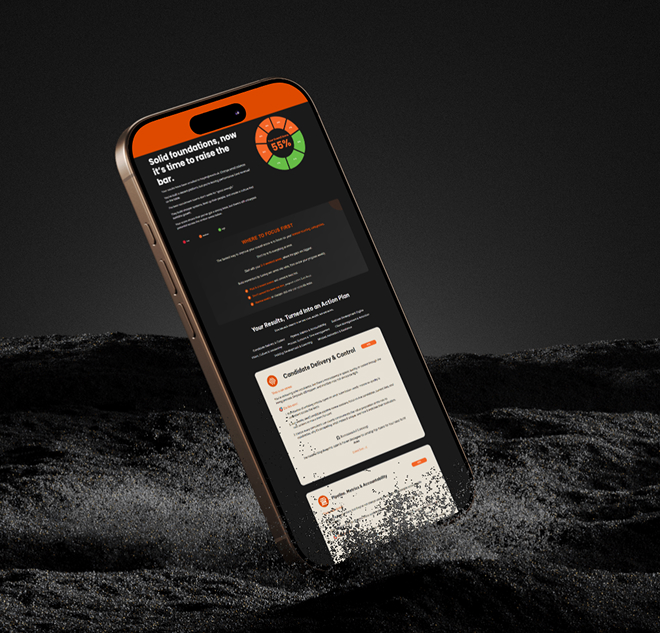Tips from top billers | Get insight from candidates on a brief that you have been set
Nicholas Carman, Partnership Director at Macdonald & Company shared some excellent advice on this.
“I tend to treat candidates and clients the same, as they’re all customers. I find that the more I bring my customers into the process, the more we all get out of it.
My first steps are always to ask for help on each role I’m working. So, for example, asking 10 clients/candidates their thoughts on a brief that I’ve been set. Is it reasonable? Is the salary competitive? What should be in the advert to attract the best in the market?
As a consequence, I have a large base thinking about the roles I work, and they offer their help to either introduce me to contacts or consider the role themselves. Your network is a community of intelligence, and it’s not cheating to ask for their help.”
The art of the follow-up, and calling candidates with a purpose
Building relationships and rapport with candidates is crucial, but it can be easy to fall into the trap of only contacting candidates when you want to ascertain company information for leads, or you want to speak to them about a job opportunity.
The reality is, that although this may provide you with short-term gains, it’s not conducive to build a stable foundation for the relationship to flourish. Although it would be an outstanding achievement to have a consistent flow of jobs, it isn’t realistic – so you have to get creative!
We’re going to highlight some ways in which you can spice up your follow-ups, giving them meaning, and laying the foundation for meaningful candidate relationships.
Become best friends with your database (figuratively)
Before you groan – we know – the database can sometimes feel like a hindrance, however, when used correctly, it can be your most powerful tool for creating personable and meaningful follow-ups.
If you don’t have the time or patience to write out detailed notes, try and make 5 bullet points per call which you can reference when you next follow up with a candidate, for example:
- Current job situation
- Job satisfaction
- Company changes and how they feel about them
- Market information
- Personal information/update
This way, you automatically have 5 different conversation starters when you speak to a candidate. Even if you have the best memory in the world, you won’t remember information for every person you speak to – so get comfortable writing this down, as it will allow you to build a solid knowledge base for each candidate.
Send them content regularly (that isn’t about recruitment)
If you’ve done the first step correctly (mastering your database usage), you can start to capitalise on this and make your follow-ups more personable.
A great way to do this is by keeping tabs on what your candidates want to know about, and feeding it back to them either via email or as a conversation starter on the phone.
This moves the conversation away from recruitment, and creates a meaningful, consultative relationship between you. A great way to curate specific articles is through an RSS feed or google alerts from your favourite industry news outlets.
This doesn’t just have to be articles, either. It can be podcasts, videos, or a newsletter that you’re subscribed to that you’d like to share with them. You can email them or bring these pieces up on the phone!
This moves the relationship away from being the “annoying recruiter who calls too much” to “the recruiter who always gives me valuable information”. It balances the relationship out, with a 50/50 split of “give” and “take”.
Remember, most modern CRMs should enable you to automate a lot of your email outreach. Make sure you’re aware of the content your market wants to know about, and once you’ve nailed the process down, automate it to save time and do it at scale.
Follow-ups can be done in person, too…
Although being on the phone and sending emails is an effective and time-saving way of following up with candidates, doing an in-person or Zoom catch up can be a great way to build relationships and make your follow-ups memorable.
Whether this is planning 3-4 brief meetings in a day with 3-4 different candidates, or scheduling follow-ups via Zoom, it is proven that face-to-face interaction naturally boosts trust and will create a meaningful connection between you and candidates.
The follow-ups can encompass everything we’ve already spoken about; your impeccable database usage allowing you to remember personal facts about each candidate, combined with your pool of market knowledge, will undoubtedly take your follow-ups to new heights.
Plus, you can do all of these things without having to talk about jobs or bog-standard “recruitment stuff”.
A common tactic I uncover on the podcast when speaking to top billers about maximising their relationships is all in booking follow-up calls.
Having a scheduled call in both of your diaries allows you to remain front of mind whilst giving people a memorable experience along the way.


